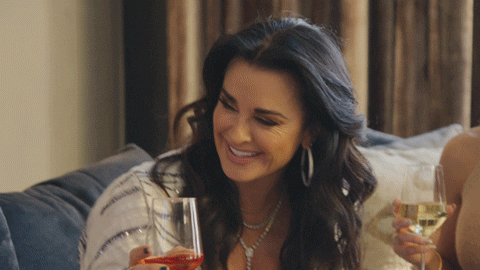
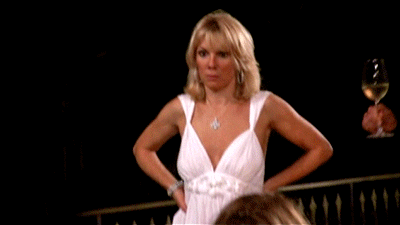
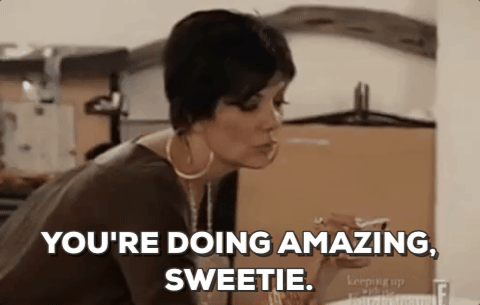
Hello! Are you a fan of reality TV shows? Have you ever wondered if you have what it takes to be a reality TV star? Well, wonder no more! Take the quiz to see if you have the qualities necessary to become the next big thing on reality television.
We will test your personality, charisma, and ability to handle drama and conflict. Whether you want to be on a dating, survival, or competition show, this quiz will assess your reality TV potential. Are you reality show material? Answer the questions and discover if reality TV will be your claim to fame!
A reality show is a type of television program that aims to capture real-life situations, events, and behaviors of individuals or groups, often in an unscripted or loosely scripted format.
Reality shows typically feature everyday people, celebrities, or professionals in various contexts, such as competition, adventure, dating, survival, or lifestyle. These shows often use filming techniques like hidden cameras, confessionals, and voiceovers, to create a sense of drama, suspense, and intimacy with the participants.
Being a reality star requires some nerve. Do you have social anxiety?
It’s difficult to estimate the exact number of reality shows that exist. However, thousands of reality shows have been produced and broadcasted over the last few decades.
Competition reality shows involve contestants competing against one another for a prize or title. They can take many different forms and cover a wide range of topics and skills, from cooking and singing to athletic ability and mental agility. Popular examples include shows like American Idol, Survivor, The Voice, MasterChef, and The Amazing Race.

What do you know about Money Heist?
Dating shows focus on matchmaking and romantic relationships. The premise of these shows typically involves a group of individuals who are looking for love and are brought together in a controlled environment, such as a mansion or island, where they go on dates with each other and participate in various challenges and activities to test their compatibility. This genre includes programs like The Bachelor, Love Island, or Too Hot to Handle.

Lifestyle shows are a type of television program that focuses on the daily lives of individuals or groups, often featuring celebrities or people with unique lifestyles or occupations. These programs follow the subjects as they go about their daily lives, interact with others, and pursue their interests.
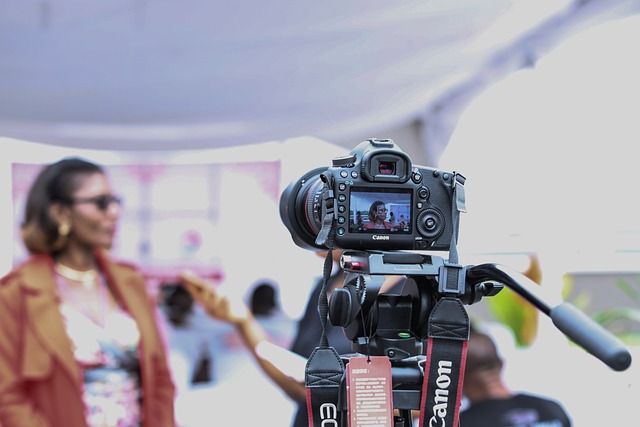
Documentary-style reality shows present unscripted, real-life situations or events in a documentary-style format. These shows typically follow real people or groups and document their daily lives, struggles, and triumphs. Docu-series can cover a wide range of topics, from true crime and social issues to health and wellness, business, and politics. Some examples include Making a Murderer, The Crown, The Social Dilemma, and Wild Wild Country.
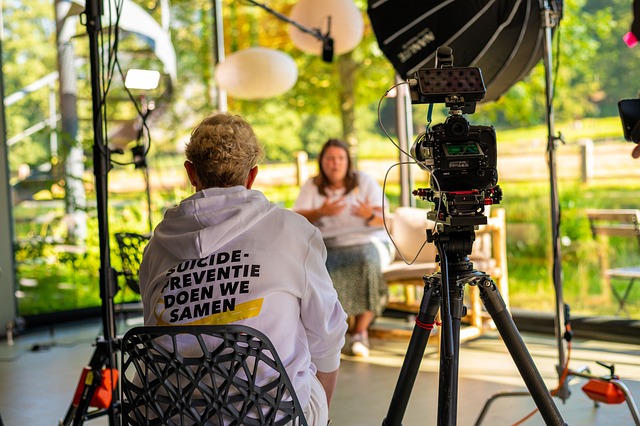
Are you a Flintstone or a Jetson? Get the honest answer.
The degree to which reality shows are “fake” can vary widely depending on the show and the specific circumstances of its production. Some reality shows are completely unscripted and strive to capture real-life situations as they happen, while others may use various production techniques to create or enhance drama, tension, and conflict.
We need to realize that reality shows are still television productions. As such, they are subject to editing, staging, and manipulation to some extent. Producers may ask participants to repeat specific actions or lines, create artificial situations or conflicts, or use creative editing to shape the narrative. Additionally, participants may be selected based on their potential to create drama or controversy, which can further influence the show’s direction.
Reality TV is often marketed as unscripted or loosely scripted, meaning that the situations portrayed on the show don’t follow the written-in-advance script like traditional scripted TV shows. Instead, reality television aims to capture real-life situations, events, and behaviors of individuals or groups as they happen.
While the situations on reality TV shows are not always pre-planned, the shows are still productions that require some scripting and planning to be successful. Producers may guide the cast members, suggest situations or challenges to participate in or create a loose outline of how the show will unfold. After filming, specific scenes may be cut, rearranged, or spliced together during editing to create a particular storyline or dramatic effect.
Pitching a reality show idea can be challenging, but here are some steps to increase your chances of success. Start by developing a solid idea. Consider the genre of reality TV you want to pitch, the target audience, and the unique angle or twist that will set your show apart.
Do research to identify what types of reality shows are currently popular and successful. It will help you understand what networks or production companies are looking for and what competition you may face.
It’s now time to put together a pitch package. It should include a one-page pitch document summarizing your show idea and a sizzle reel or teaser video that showcases the concept in action.
Research production companies and networks that may be a good fit. Once you’ve identified potential buyers, reach out to them with a brief email or phone call to introduce yourself and your pitch. If they express interest, you can send them your pitch package and schedule a meeting to discuss the idea further.
On one hand, reality shows can provide a form of entertainment and escapism for viewers, and some may even inspire viewers to pursue their own goals and dreams. Reality TV can offer a window into different cultures, lifestyles, and perspectives, which can help to broaden viewers’ horizons and promote empathy and understanding.
On the other side, some reality shows could have a negative effect on the audience. For example, productions focusing on extreme weight loss or plastic surgery can promote unrealistic beauty standards and may lead to body image issues or unhealthy behaviors. Similarly, shows that rely on drama, conflict, and controversy can promote negative social behaviors and encourage bullying, manipulation, and other harmful actions.
People frequently experience negative emotions after watching reality television shows. Many viewers report feeling sad, anxious or stressed after watching certain shows. It is because reality television portrays a distorted and dramatized view of real life, which can create unrealistic expectations and promote negative social behaviors.
If watching reality TV consistently makes you feel bad or hurts your mental health, you should think about whether it’s worth continuing to watch. You might want to avoid certain shows or genres entirely, and instead focus on finding forms of entertainment that make you feel good and promote positive emotions.
Are you reality show material? Can you create drama and bring ratings in? Answer the questions and discover if you can be a reality TV star! Do you think you’ve got what it takes?